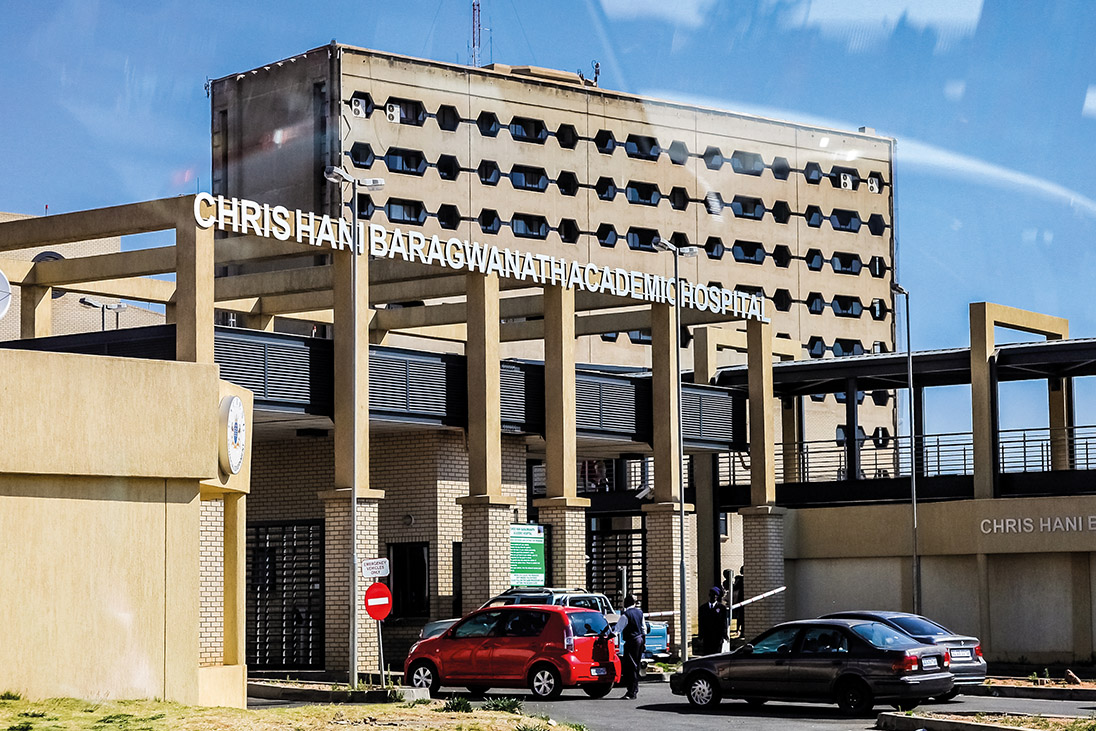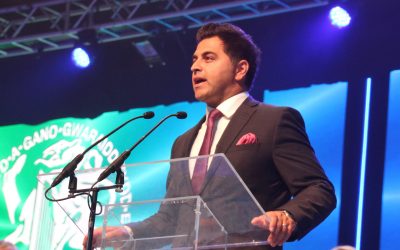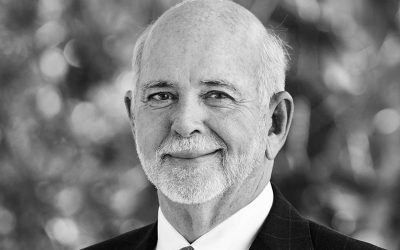I needed to know who the key individuals in the community were – the town council representatives, the trusted professional and trades folk – because of my new job, my vocation, in the town as a church minister.
At that time, I knew little of how my skills and knowledge could be used in Rotary, or what far reaching effects they would have, along with the skills and knowledge of others in Rotary projects and programmes, both at home and overseas.
The first time my professional skills were used was when I was chosen to lead a Group Study Exchange Team to Australia.
I brought to that role my experience in nursing education and working with groups of students abroad, and my knowledge of Australia (I had shared in education programmes in Perth).
That trip changed my life and also the lives of the five team members who shared their skills and knowledge with colleagues in Australia.
They brought home ideas and work practices which changed them as individuals, their working lives, plus the communities where they live and work.
The most recent experience was in Soweto, Johannesburg, where my specialist skills as a chaplain and lecturer in spiritual care were called upon as part of a Global Grant Project taking palliative care into the community of the township.
Utilising Rotarians’ skills and knowledge in projects and events engages them in action. That action can then engage others who may not be in Rotary”
The impact of that work to individuals and their families is immense, as anyone in these islands will know if you have had loved ones cared for and enabled to die peacefully at home.
The effect has gone wider now, with the model of care I developed being adopted in palliative care across South Africa.
We must not neglect the gifts individuals bring into Rotary. If we underestimate the value of those gifts, we underestimate the value of the individual.


As part of our global grant project taking palliative care in South Africa, we worked with the Chris Hani Baragwanath Hospital in Soweto.
We then starve communities and individuals of creative solutions to their needs and problems, both locally and globally.
Utilising Rotarians’ skills and knowledge in projects and events engages them in action.
That action can then engage others who may not be in Rotary.
It provides the platform for further engagement and the building of members who, in turn, will engage in more projects.
So the virtuous circle of People doing Projects bringing Publicity continues.
There is one vocational skill we all have – the ability to see what is happening in our local community.
Call it ‘nosiness’ or curiosity, but this is one aspect which is vital in the work to end modern slavery.
What do you notice in your community, what makes you question what is happening, makes you uneasy about a situation?
These tiny bits of information are the building blocks to raising awareness and identifying potential instances of modern slavery.
It is in everyone’s back yard and at Conference: Showcase 2019 in Nottingham we will be looking at this issue, learning how Rotary can play its part by creating slave-free communities.


























































